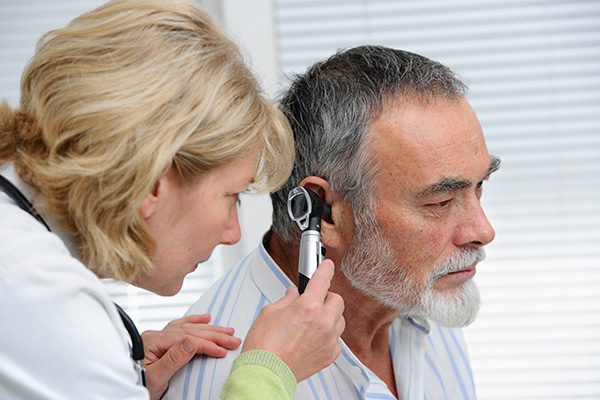Virtual Reality and Hearing Loss: An Emerging Treatment?
Have you ever wondered if virtual reality could aid in managing hearing
Our office will be closed on Friday, July 4th in observance of Independence Day.


Have you ever wondered if virtual reality could aid in managing hearing

Selecting a hearing specialist is a crucial choice that can significantly

Decades of research have revealed a clear link between hearing loss and